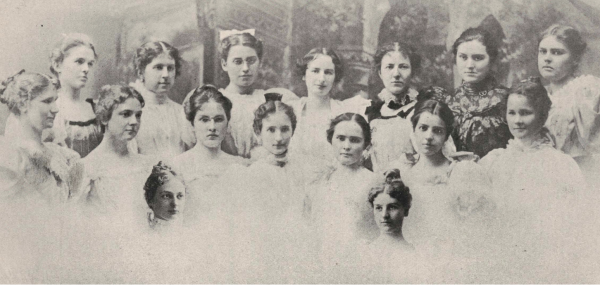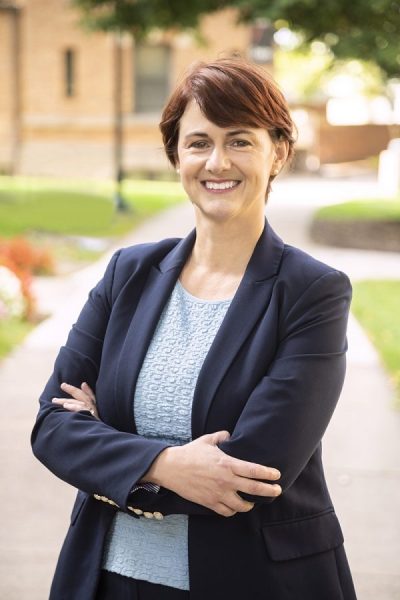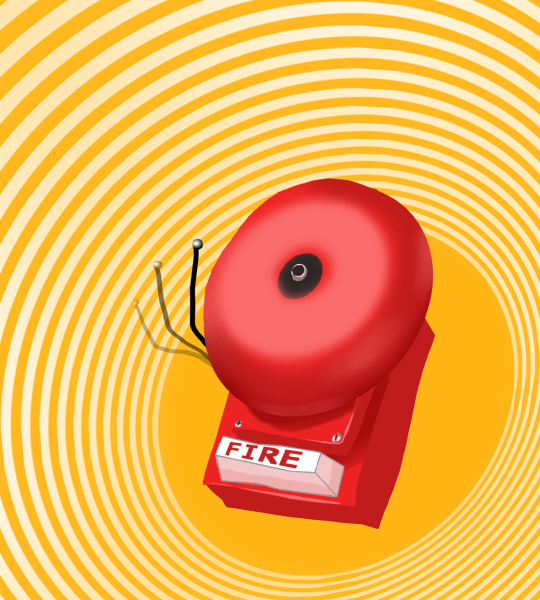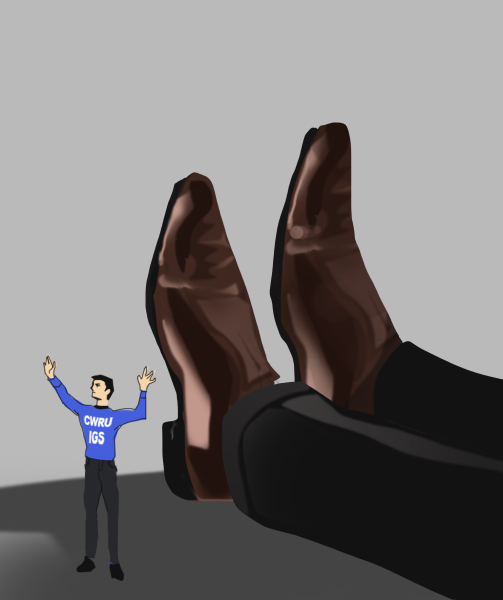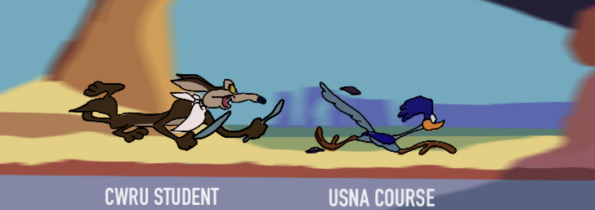Provost considers granting credits for experiential learning
November 18, 2016
Experiential learning is a studying process in which students attend activities, analyze their experiences and learn from their own choices. As experiential learning gains more and more attention, the Undergraduate Student Government (USG) is working with the Provost Commission on Undergraduate Experience (CUE) to consider granting credit hours to experiential learning. This proposal, if passed, will enable students to get credit for their internships or research.
“Let’s say if you are an accounting major and one summer you did an internship at an accounting firm, what the commission is looking at is that whether you can get credits for your general education for the internship,” said Nishant Uppal, the student representative for CUE. Experiential learning includes internships, cooperative experience, research projects and even community service experience. Right now, awarding credit for experiential learning is still department-based. CUE is evaluating the possibility to make experiential learning credits university wide.
Student representatives in the USG are in general very supportive of this idea. In the USG General Assembly meeting on Oct. 18, Edward Bennett, a third-year representative, expressed his support on this issue. He believes that students will be more willing to engage in experiential learning if they are given credits for it.
Students’ reaction to this project is generally positive. Second-year computer science major Dasani Madipalli said that granting credits to experiential learning “would be such a good idea.” She said, “Essentially college is to prepare you for real life.” According to Madipali, experiential learning prepares students for their careers after graduation.
“The hard part is figuring out which experience should count,” said Uppal. He thinks that it is reasonable to give credits to internship and research experience. However it is difficult to determine whether paid employment or volunteering should be given academic credits.
“Hopefully by the end of next year, CUE will figure out if we will be granting experiential learning, if we do, what types of experience would be counted as experiential learning, and the last thing, who decides who gets credits and how many credits they should get,” said Uppal.
CUE is still exploring ways to evaluate credits for experiential learning. Since some experience, like community service, cannot usually be classified to a specific major, one consideration is to count experiential learning credits for general education requirements. However, CUE has not reached a conclusion.
“There are concerns about how these opportunities would be reviewed when deciding which experiences can count for credit, how many hours are awarded and which departments will grant these credits. CUE is establishing working groups that will begin meeting next semester, and the working group dedicated to Undergraduate Education will be reviewing the issue further,” said Uppal.













